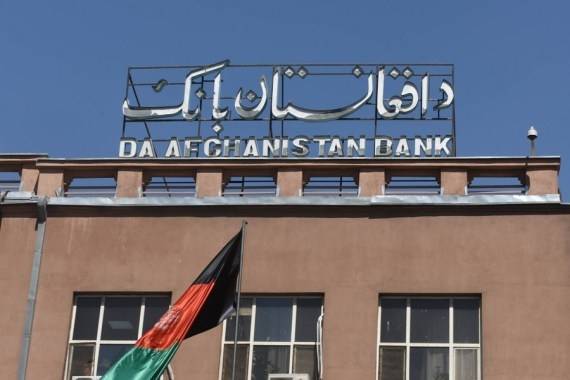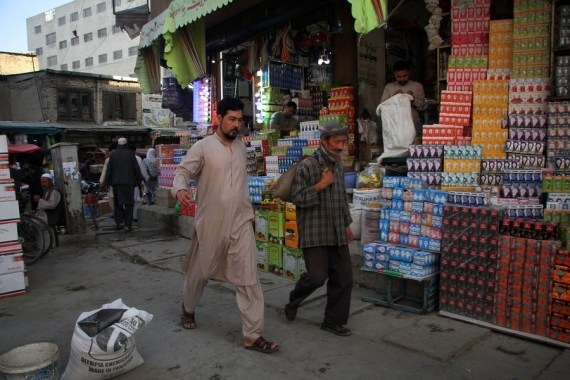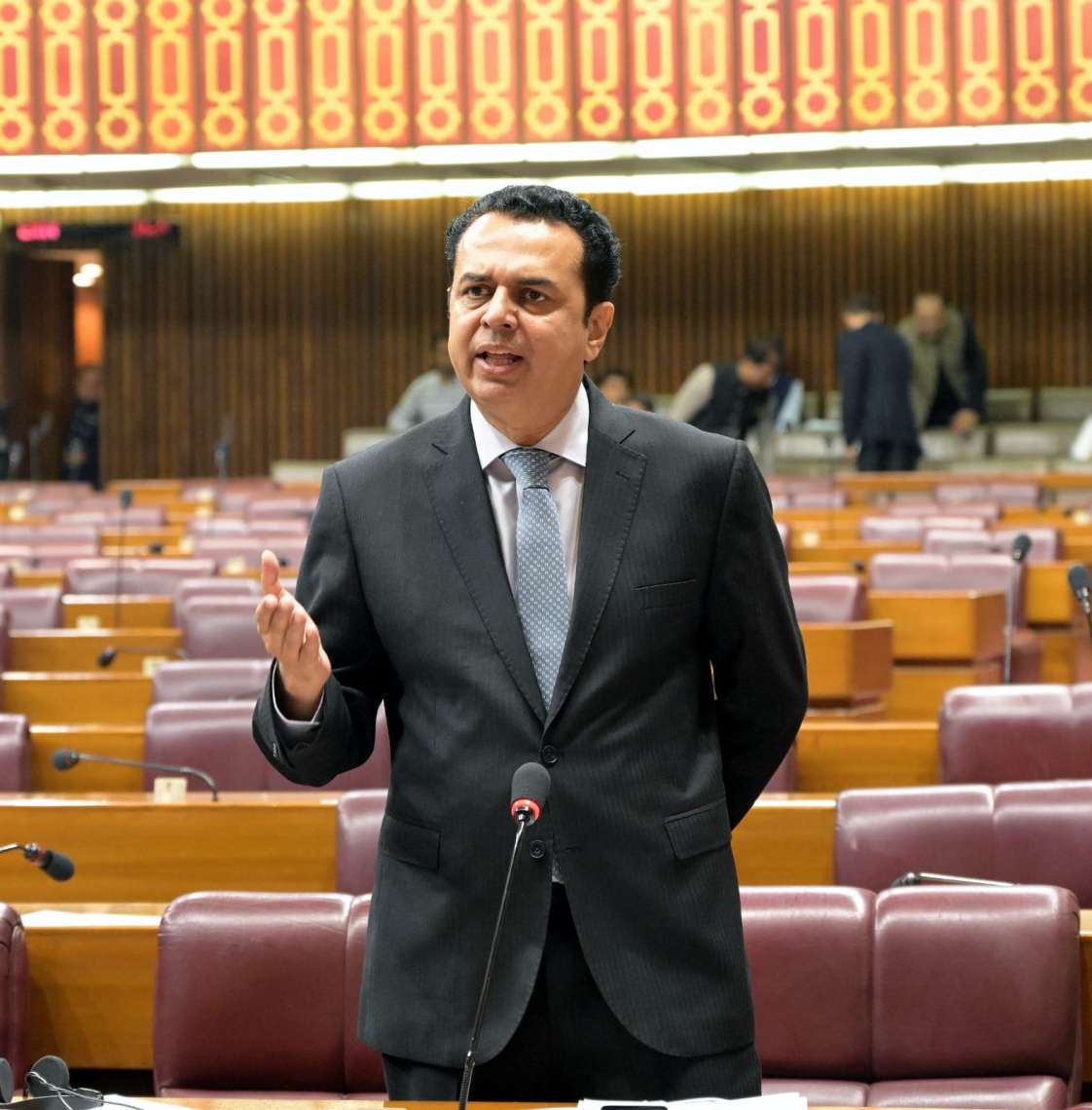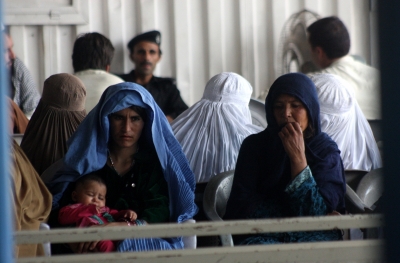The country’s central bank has said that it has held several meetings with foreign exchange dealers, representatives of commercial banks and the business sector …writes Hamza Ameer
Afghanistan’s economy has been on a constant free fall since the Taliban takeover, as the world shut down its doors, ceasing all aids, funds along with seizure of assets of Da Afghanistan Bank, the central bank of the country.
With the country’s currency suffering a setback of almost 12 per cent on its value against the US dollar in a span of a few hours, Afghanistan’s central bank is trying hard to resolve the country’s economic crisis and soaring inflation.
Among the main factors behind the crisis is a hasty withdrawal of foreign forces from the country. That, coupled with withdrawal of foreign aid and seizure of any inflow of foreign fund, has pushed the country’s economy on the brink of collapse, with basic commodity prices soaring rapidly beyond the common man’s reach.
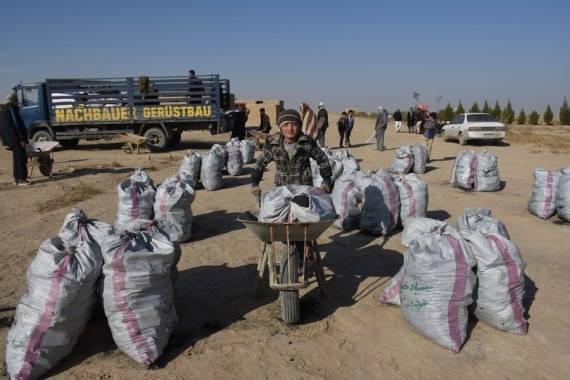
The country’s central bank has said that it has held several meetings with foreign exchange dealers, representatives of commercial banks and the business sector to come to the rescue of what it called fall of the Afghan currency.
“Based on its strategic planning policies, Da Afghanistan Bank has always tried to avoid volatility that could be harmful to the purchasing power of the people,” stated the central bank.
“The government’s economic commission has been directed to take urgent steps to ensure the stability of the Afghan currency,” said Afghan Taliban spokesperson Zabiullah Mujahid.
On Monday, the Afghan currency, which traded at around 77 to the US dollar before the fall of Kabul and at 97 a week ago, dropped from 112 to the dollar in the morning at Kabul’s Sarai Shahzada money market to 125 by the afternoon.
“The Islamic Emirates had said it would bring the dollar down,” said a dealer at the Sarai Shahzada money market.
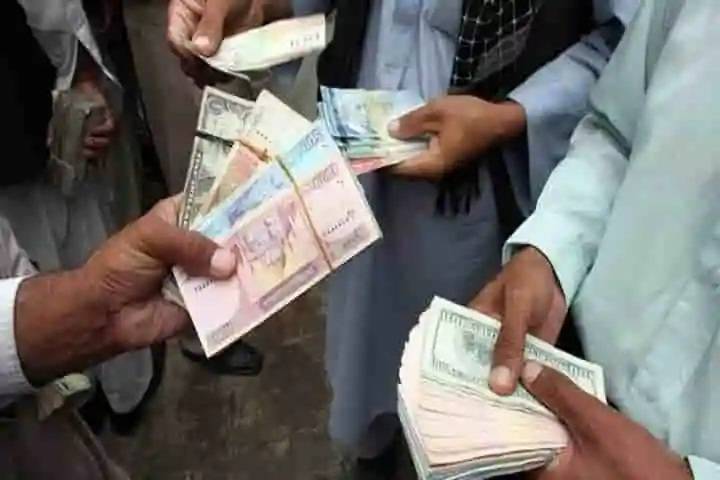
The fall of the Afghani, as the Afghan currency is known, has already impacted the prices of daily need items as soaring prices of commodities have already gone out of the reach of an economy where unemployment is widespread, while those who are working are unpaid for months.
As per a survey conducted by the World Food Programme (WFP), at least 98 per cent of the Afghans are not eating enough, with at least seven out of 10 families resorting to borrowing food.
It is pertinent to mention that the world’s financial system has cut off Afghanistan since the Taliban takeover amid fear of US sanctions. The banking system in Afghanistan is partially operational, while at least $9 billion in central bank reserves remain blocked outside Afghanistan.


